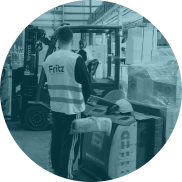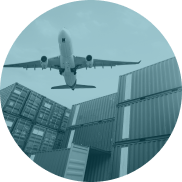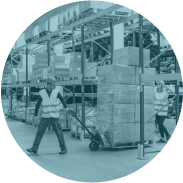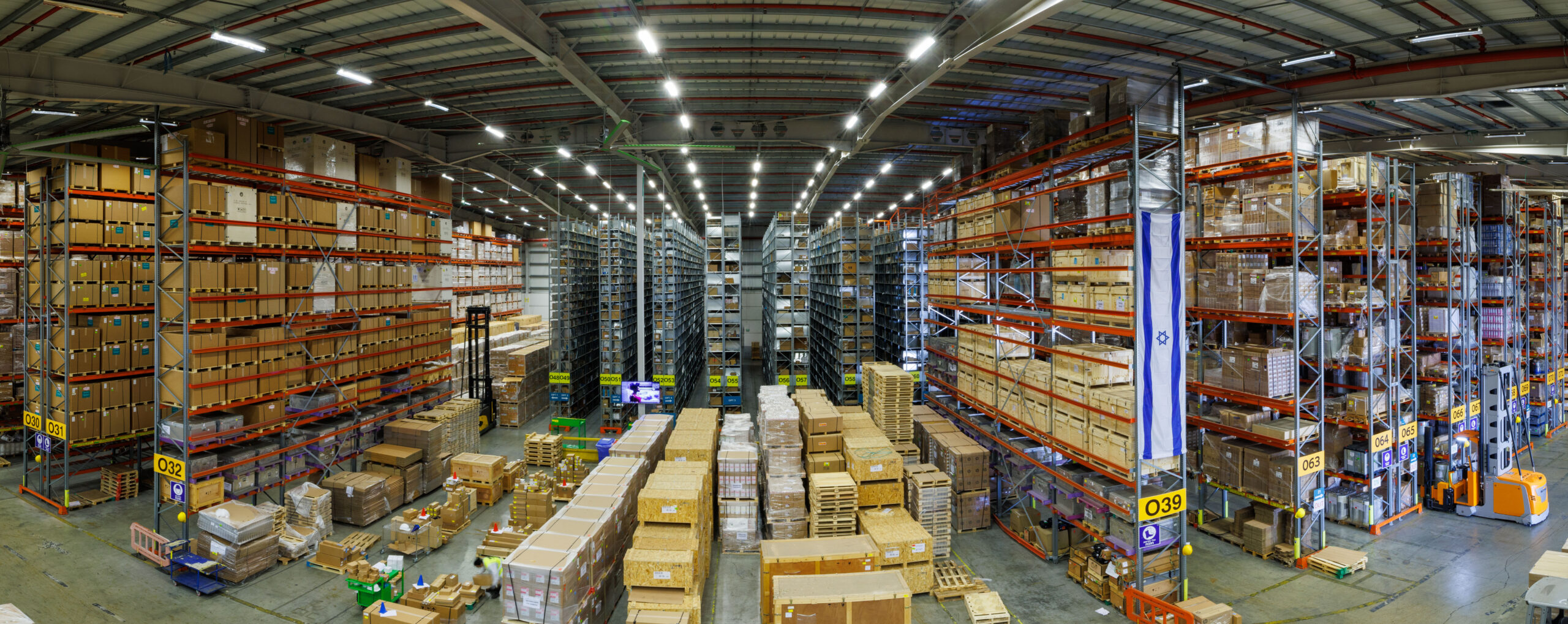"Are you available to pick up from Allenby?"
Applications and technological interfaces that promote the sharing economy have transformed the business model of many companies from end to end. Applications like Uber and Gett have contributed to the gradual disappearance of taxi stands from the map, Airbnb has disrupted hotels, and food delivery apps like Wolt (currently operating in Tel Aviv) have significantly reduced waiting times. The idea is simple and familiar: the service provider registers through an interface and receives orders based on their availability through a third-party logistics company that serves various businesses. In other words, you handle the core of the business, and we take care of orders, manpower, payment processing, and customer service.
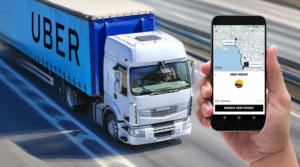
The giant company Uber did not settle for “disrupting” the transportation industry with shared rides and vehicles; its logistics division launched Uber Freight, where local freight companies and private drivers can fulfill demand-based shipments. During 2019, a successful pilot was conducted in the Netherlands, and it is expected to expand to other European countries. With a few data points, we can try to speculate why this pilot could lead to a real revolution, and in 5-10 years, we might not remember why small to medium-sized companies ever owned trucks and delivery vehicles. It’s a $400 billion market annually! It’s huge but inefficient!
Small to medium-sized freight companies make up over 80% of the market volume. Small and medium-sized businesses struggle to recruit drivers. In Germany, for example, 40% of drivers are expected to retire in the next 10 years, leading to a shortage of 150,000 drivers! 21% of the trips drivers make are without cargo! It’s a significant inefficiency. Therefore, a driver who arrives in Berlin from Amsterdam to deliver goods can receive a new assignment from a different company and move it to Paris because they are not committed to their specific routes and working hours. Uber is already partnering with over 35,000 freight companies and 400,000 drivers, and the numbers are expected to grow, making the service available and fast.
In conclusion, the Uber system can be a solution because many people, especially the current generation, prefer to work on their own terms, at their own time and location—an option facilitated by sharing economy interfaces. Companies can benefit from paying only for usage time, reducing activity volume during slow periods, and increasing the speed of deliveries during peak times without relying on the company’s personal workforce. The solution eliminates the need to find, train, and retain human resources. Food for thought! Maybe it’s time to get a truck license, travel to Europe, and start a journey from one country to another, earning money while on the move…

The giant company Uber did not settle for “disrupting” the transportation industry with shared rides and vehicles; its logistics division launched Uber Freight, where local freight companies and private drivers can fulfill demand-based shipments. During 2019, a successful pilot was conducted in the Netherlands, and it is expected to expand to other European countries. With a few data points, we can try to speculate why this pilot could lead to a real revolution, and in 5-10 years, we might not remember why small to medium-sized companies ever owned trucks and delivery vehicles. It’s a $400 billion market annually! It’s huge but inefficient!
Small to medium-sized freight companies make up over 80% of the market volume. Small and medium-sized businesses struggle to recruit drivers. In Germany, for example, 40% of drivers are expected to retire in the next 10 years, leading to a shortage of 150,000 drivers! 21% of the trips drivers make are without cargo! It’s a significant inefficiency. Therefore, a driver who arrives in Berlin from Amsterdam to deliver goods can receive a new assignment from a different company and move it to Paris because they are not committed to their specific routes and working hours. Uber is already partnering with over 35,000 freight companies and 400,000 drivers, and the numbers are expected to grow, making the service available and fast.
In conclusion, the Uber system can be a solution because many people, especially the current generation, prefer to work on their own terms, at their own time and location—an option facilitated by sharing economy interfaces. Companies can benefit from paying only for usage time, reducing activity volume during slow periods, and increasing the speed of deliveries during peak times without relying on the company’s personal workforce. The solution eliminates the need to find, train, and retain human resources. Food for thought! Maybe it’s time to get a truck license, travel to Europe, and start a journey from one country to another, earning money while on the move…

Let's Talk
Leave details and our representative will get back to you as soon as possible

